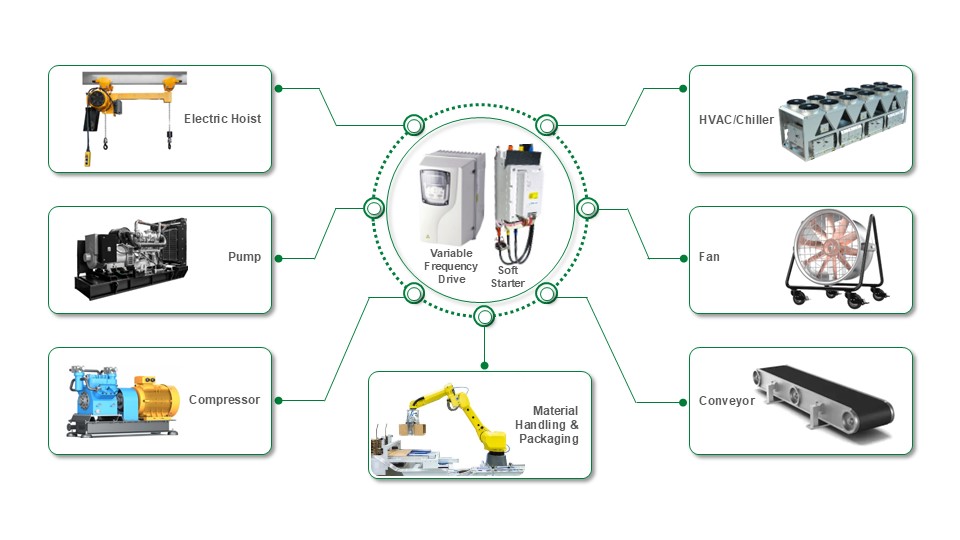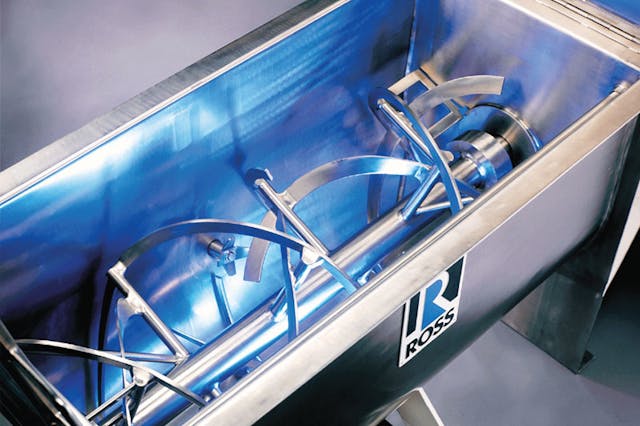10 years of experience as a food machinery equipment manufacturer
10 years of experience as a food machinery equipment manufacturer
Variable frequency chopper mixers represent a significant advancement in signal processing technology, offering unique benefits in applications demanding high precision and flexibility. Unlike conventional mixers, these devices utilize internal chopping mechanisms to minimize offset voltages, flicker noise, and local oscillator feedthrough, making them particularly valuable where stability and accuracy are critical. Their operation leverages high-frequency modulation to achieve superior low-frequency performance.

Variable frequency chopper mixers find extensive application in industrial settings. Precise sensor signal conditioning is vital for monitoring parameters like pressure, temperature, flow, and level in real-time control systems. These mixers excel in conditioning weak DC or low-frequency signals from strain gauges, thermocouples, and various transducers where DC offset drift is problematic.
Their ability to reject low-frequency noise ensures reliable readings in electrically noisy industrial environments.
The test and measurement sector is a primary beneficiary of variable frequency chopper mixer technology. Instruments requiring exceptional DC accuracy and low noise floor utilize these components extensively:
The variable frequency capability allows optimization for specific measurement bandwidths and signal characteristics.
Modern communication systems, especially in radio frequency circuits, increasingly employ variable frequency chopper mixers. Their low phase noise characteristics are crucial for maintaining signal integrity in critical components:
Minimizing LO feedthrough helps prevent self-interference and enhances channel separation.
Medical diagnostics demand high fidelity signal pathways that variable frequency chopper mixers help provide:
The high common-mode rejection ratio minimizes interference from power line noise and other environmental factors.
Scientific exploration presents scenarios demanding the ultimate in signal fidelity that chopper mixers can offer:
The inherent precision supports the low error budgets characteristic of advanced research and aerospace applications.

Power generation, transmission, and conversion increasingly utilize high-precision monitoring provided by chopper mixers:
Their stability translates to more efficient and reliable energy management across systems.
The versatility of variable frequency chopper mixers lies in their ability to deliver unprecedented stability and accuracy in low-frequency and DC signal processing tasks. As applications across industrial, communication, medical, research, and energy domains push towards higher performance standards, these advanced mixers continue to provide critical solutions where traditional analog approaches encounter limitations. Their evolving capabilities signal their ongoing importance in enabling next-generation precision technologies.
